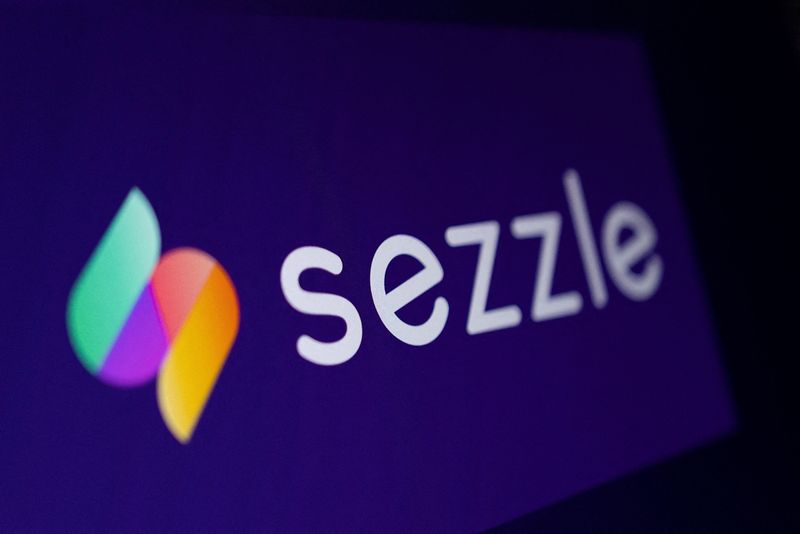BNPL lender Sezzle plunges as short-seller Hindenburg Research takes aim

By Manya Saini and Niket Nishant
(Reuters) -Buy now, pay later firm Sezzle’s shares plunged on Wednesday after Hindenburg Research disclosed a short position, citing risky lending practices alongside a decline in customers and merchants.
The stock, which has gained over 1,000% so far this year, fell as much as 28.6% to $225 earlier in the session before paring some losses. It was last trading 22% lower.
“Filings show Sezzle borrows at a 12.65% interest rate to lend to extremely high-risk consumers whose credit is so bad that they are unable to access traditional credit cards,” the short seller said.
Hindenburg, which was behind an over $100 billion market rout in India’s Adani Group and had also taken aim at Jack Dorsey-led Block, alleged Sezzle was rapidly losing customers and merchants.
Sezzle did not immediately respond to a Reuters request for comment. Reuters could not independently confirm the claims of the Hindenburg report.
“The key thing is to promptly address the accusations. And not only by words, but also by deeds,” said Odysseas Papadimitriou, CEO of personal finance firm WalletHub.
BNPL is a financing option that allows consumers to make purchases and pay for them over time, typically in a series of installments. It exploded in popularity after the COVID-19 pandemic forced more shoppers online.
As most BNPL providers do not report their loans to the credit reporting agencies, there is scant data regarding delinquencies.
“Unsecured subprime lending is a very tough business. It’s very difficult to be profitable over the term and requires a very experienced analytical and disciplined team,” Papadimitriou added.
In November, Sezzle raised its forecast for full-year adjusted profit and revenue growth.

Short interest in the stock accounts for 2.72% of the free float, according to data from analytics firm Ortex.
Short sellers, who typically sell borrowed securities and aim to buy these back at a lower price, are looking at paper gains of $5.7 million, off a roughly 23% decline in share price.








